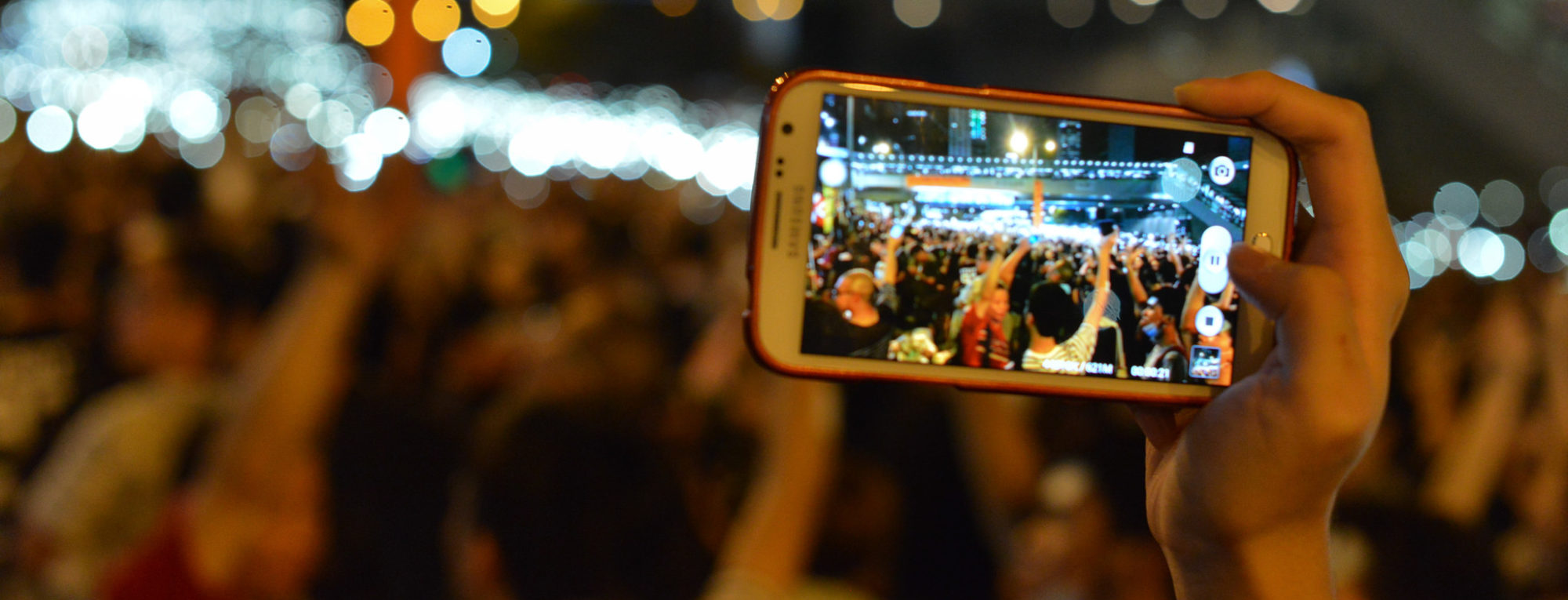To achieve our research objectives, in 2021 we have defined the following strategic goals (SG) for the next years. They refer to three different areas (R&D&I, Sustainability, and Networking & Communication) and are listed together with the associated key actions. Actions might appear under more than one heading.
Research, Development & Innovation (R&D&I)
SG1. Reinforce the group research areas by creating new knowledge and sharing it.
- Maintain the number of high impact publications
- Edit two books, one on ageism and digital technologies (DS1) and one on key concepts and discourses in the technopolitics research arena (T2)
- Maintain the number of conference proceedings, book chapters, reports as well as documents aimed at influence public policies and technological industries
- Increase publications and transfer activities addressed to non-academic audiences (stakeholders, general audiences)
- Continue developing our research through competitive and non-competitive projects that attach to RRI values and to the UN SDG 2030
- Lead competitive projects aimed at creating critical and informed reflection on Datafied Societies
- Keep involved and promote cooperative research
- Strengthen methodological innovation
SG2. Contribute to technological and social innovation from a socio-technical perspective
- Support new tech standards by informing and influencing public policies and design, by creating venues for discussion and knowledge sharing
SG3. Contribute to the design of digital tools taking into account the values, interests and skills of peripheral or excluded groups
- Search for industry mentorships
SG4. Keep developing and improving technologies for democratizing the digital society
- Deploy new mechanisms and forms of political participation at different territorial scales, and experiment with new scales of governance that open up and decentralize deliberative and decision-making processes
SG5. Innovate in the development of research tools
- Deploy tools for data based communication analysis and visualization specially for social, academic or non-profit agents
SG6. Nurture participatory research and experimentation
- Contribute to the creation of new spaces that nurture social and technopolitical discussion and maintain those that already exist
Sustainability
SG7.Generate competitive and non-competitive funding to grant internal sustainability
- Maintain existing levels of funding from competitive and non-competitive sources
- Lead new competitive projects
SG8. Improve working conditions of core members to achieve an adequate dimension of the nuclear team, which is necessary to grant the appropriate continuity of the research agenda defined above
- Work towards getting better contractual conditions
SG9.Incorporate new talent
- Incorporate new PhD students and Post-doctoral researchers thanks to external funding sources
- Incorporate selected international associate senior researchers that enrich the group dynamics
SG10. Balance the administrative workload of research members
- Distribute and assign technical and administrative tasks to specific members of the group to improve efficiency
Networking and Outreach
SG11. Maintain and increase existing local and international links
- Participate in international and local conferences (achieving pre-pandemic levels of participation whenever mobility restrictions are revoked)
- Organize local and international academic conferences and workshop
- Participate in international and local projects that offer a rich network of partners
- Keep publishing in collaboration with other institutions and actors relevant on our research area
SG12. Reinforce visibility and positioning of our research in the academic environment
- Increase the visibility of the group websites
- Contribute to the open repository managed by the UOC library as a way of fostering open access
- Reinforce our own repository (Tecnoteca) with a diversity of formats and genres
SG13. Shape the media and public agenda of specific debates about science, technology and society from a critical perspective
- Increase communication in selected media that have an impact on public opinion through diverse formats (articles, videos, talks, etc.)
